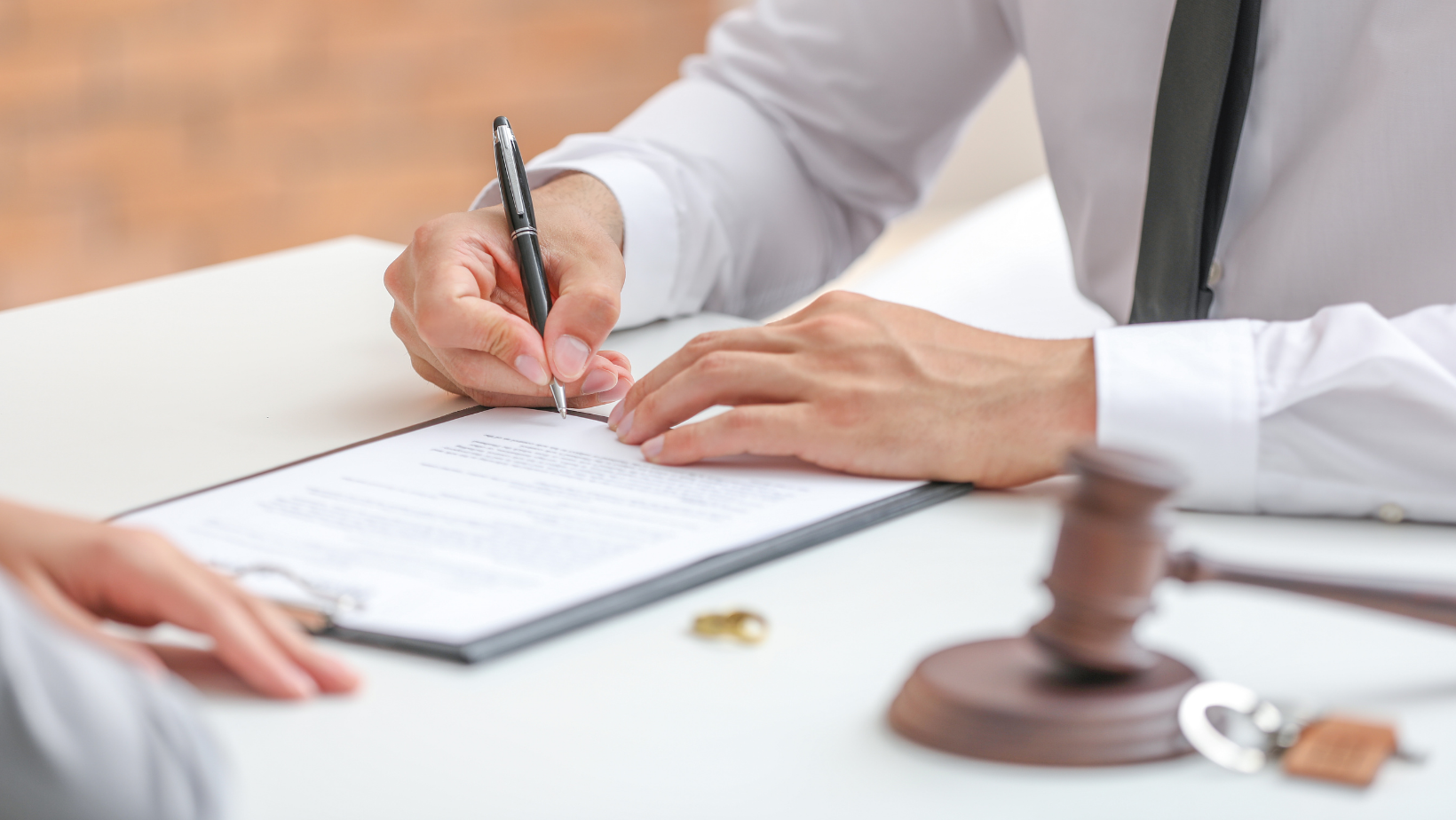EXECUTORS
LEGAL SERVICES
Executor Of A Will
An executor’s role is extremely important as they are given the task of ensuring that the terms of the will are carried out. The role, duties and obligations of an executor can often be under appreciated by clients.
It is vital that the person or persons named in a Will as the executor is financially aware and savvy. The executor may potentially have to deal with conflicts between beneficiaries, so it is vital that the named executor is a reasonable and fair individual.

Fixed Pricing
We do not bill by the hour
Something that also should be considered when choosing an executor is the executor’s age. It is important that the executor chosen is someone younger than the will maker, and there should also be at least one alternative back-up executor set out in the Will.
When setting out the role of the executor in the Will, powers must be provided to the executor to ensure that they will be able to carry out their function. This could include for example the power to sell any assets, the power to postpone the sale of assets, the power to apply income for the maintenance, education, advancement or benefit of any beneficiary or the power to purchase and maintain a home for the Will maker or testator’s surviving spouse and/or children.
Duties of an Executor
The executor must:
- Obtain the last will of the deceased and organise the funeral or cremation.
- Notify all the deceased’s beneficiaries named in the Will as well as the deceased’s business associates.
- Obtain authority to administer the estate and apply for a grant of probate or letters of administration if necessary.
- Assume control of all the assets of the estate.
- Manage the property or goods left in the Will as well as the deceased’s business investments.
- Value the estate and keep a list of the valuations.
- Complete income tax returns.
- Pay all debts owing to the estate and sell assets if necessary, to pay any liabilities.
- If necessary, establish a trust if a beneficiary or beneficiaries are under 18 years of age or if a beneficiary is vulnerable.
- Divide the estate distributing cash and/or assets to beneficiaries according to the provisions in the Will, keep appropriate records and prepare a final statement for each of the beneficiaries.
WILLS & ESTATES LEAD
Leslie Buchbinder
Obligations of Administrator/Executor
When acting as an executor and carrying out their responsibilities an executor may make mistakes that could expose the estate to potential litigation and or even increased tax liabilities. Executors can be held personally responsible for any loss which the estate incurs from unauthorised or negligent acts. Executors must be aware of things like failing to identify issues with the Will, failing to investigate all assets and liabilities of the estate. Failing to keep proper records. Mixing estate funds with personal funds. Distributing money to beneficiaries too early. Delaying the administration of the estate. As there are many things that can go wrong when a person acts as an executor it is vital that the executor seeks legal assistance when undertaking their role.
Time For An Executor to Finish Their Duties?
The general rule is that an executor when exercising their duties must do so within a reasonable period. This is generally taken to mean that within a year of the death of the will-maker.
Managing The Deceased's Funeral And Associated Costs
Part of the role of the executor is to take responsibility in arranging the funeral. The funeral can generally be paid with funds from the estate. The bank will even release funds from the deceased’s bank account to pay for funeral costs while the account is frozen upon provision of an invoice or receipt for the funeral service.
Contact bbv@bbvlegal.com.au for information.





